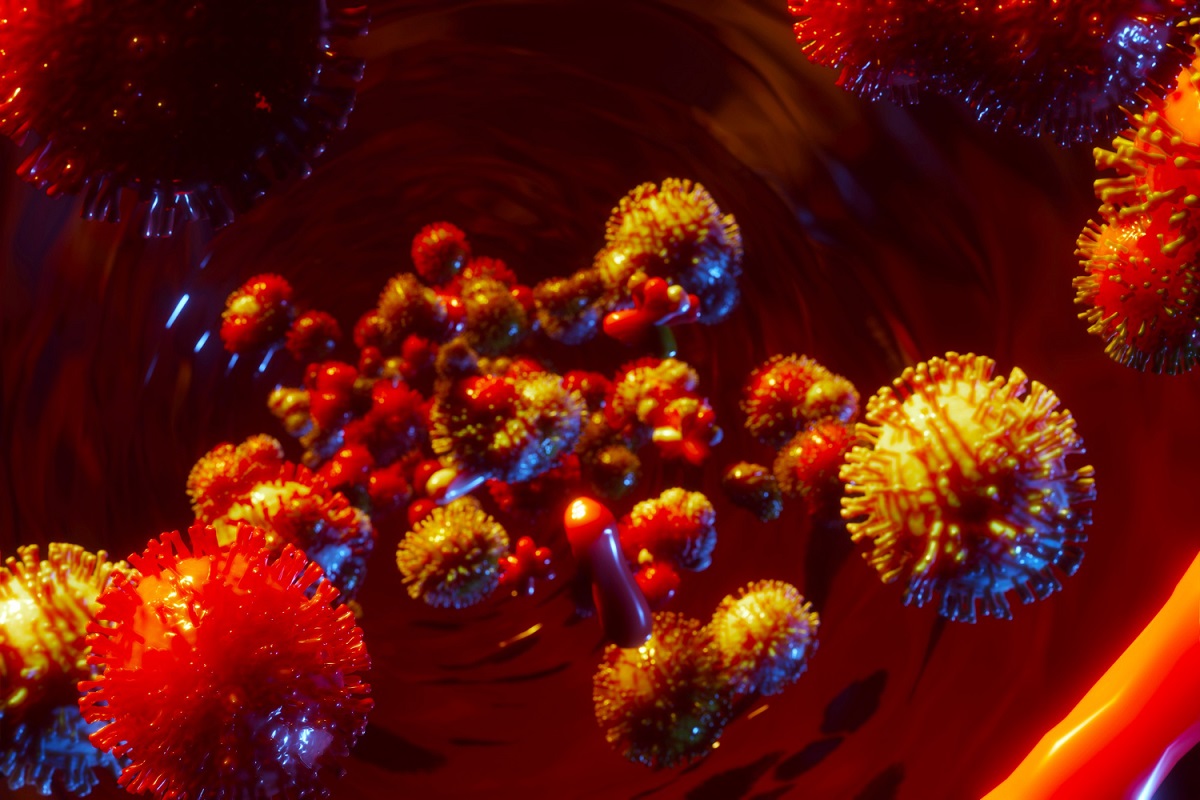KEY TAKEAWAYS
- The study aimed to investigate the impact of NACT combined with PD-1 blockade on the cervical cancer microenvironment, focusing on CD74.
- Researchers noticed that CD74 blockade enhances NACT and PD-1 therapy in cervical cancer.
Cervical cancer remains 1 of the leading causes of mortality among malignant tumors affecting the female reproductive system. While immune checkpoint inhibitors, particularly those targeting programmed cell death protein 1 (PD-1), have shown promise as therapeutic agents, their combined efficacy with neoadjuvant chemotherapy (NACT) is not well established. Furthermore, the impact of this combination therapy on the tumor microenvironment has not been thoroughly explored.
Zixiang Wang and the team aimed to assess how the combination of NACT and PD-1 blockade influences the cervical cancer microenvironment, with a particular focus on the role of tumor-associated macrophage-derived CD74 in enhancing neoadjuvant therapeutic efficacy.
They performed an inclusive analysis by conducting single-cell RNA sequencing on 46,950 cells derived from 9 human cervical cancer tissues, each representing different sequential stages of NACT and PD-1 blockade combination therapy. They delineated the trajectory of cervical epithelial cells, identifying key factors involved in the efficacy of the combination treatment.
Cell-cell communication between tumor and immune cells was analyzed, providing insights into the interactions within the tumor microenvironment. Additionally, THP-1-derived and primary monocyte-derived macrophages were cocultured with cervical cancer cells, with phagocytosis detected via flow cytometry. The antitumor activity of blocking CD74 was further validated in vivo using a CD74 humanized subcutaneous tumor model.
The pathway enrichment analysis indicated that NACT activated cytokine and complement-related immune responses. Cell-cell communication analysis revealed that, after NACT therapy, the interaction strength between T cells and cancer cells decreased, while interactions between macrophages and cancer cells intensified. Researchers verified that macrophages were necessary for the PD-1 blockade to exert antitumor effects in vitro.
Additionally, CD74-positive macrophages frequently interacted with the most immunoreactive epithelial subgroup 3 (Epi3) cancer subgroup during combination NACT. It was found that CD74 upregulation limited phagocytosis and stimulated M2 polarization, whereas CD74 blockade enhanced macrophage phagocytosis, leading to decreased cervical cancer cell viability in both in vitro and in vivo studies.
The study concluded that the combination of NACT and PD-1 blockade significantly influences the dynamic cell-cell interaction network within the cervical cancer microenvironment. Moreover, blocking tumor-associated macrophage-derived CD74 was identified as a potential strategy to enhance the efficacy of neoadjuvant therapy.
This study was funded by the National Key Research and Development Program of China, the National Natural Science Foundation of China, and the Natural Science Foundation of Shandong Province.
Source: https://pubmed.ncbi.nlm.nih.gov/39107132/
Wang Z, Wang B, Feng Y, et al. (2024). “Targeting tumor-associated macrophage-derived CD74 improves efficacy of neoadjuvant chemotherapy in combination with PD-1 blockade for cervical cancer.” J Immunother Cancer. 2024 Aug 6;12(8):e009024. doi: 10.1136/jitc-2024-009024. PMID: 39107132; PMCID: PMC11308911.



